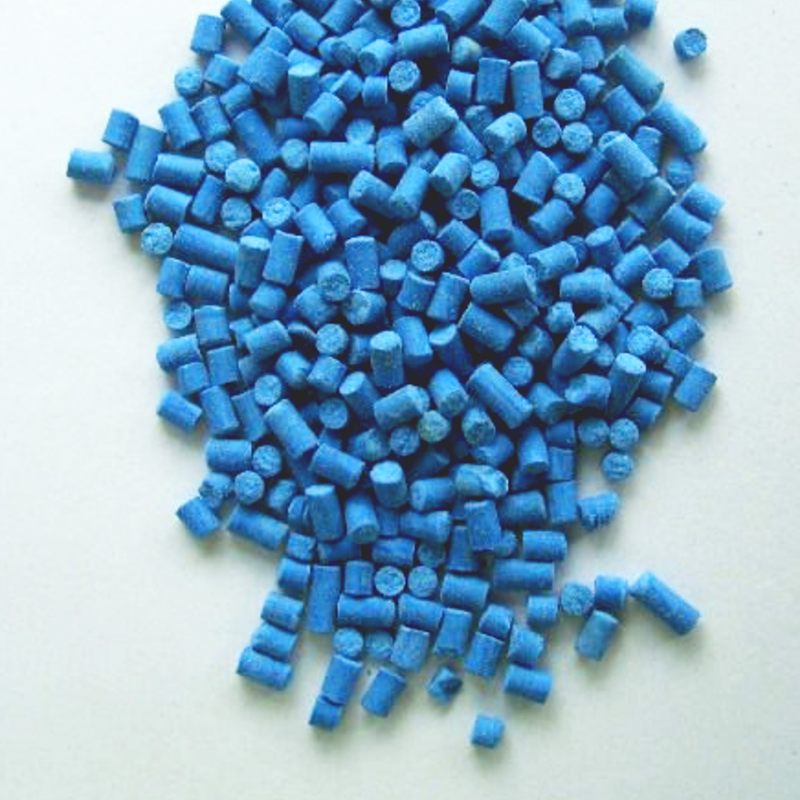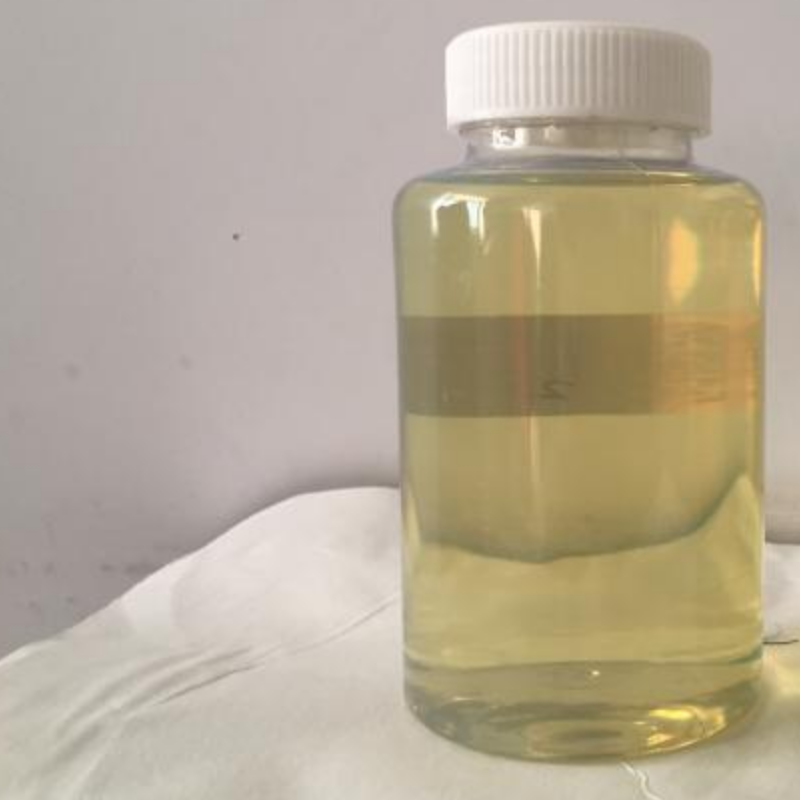Thiamethoxam fast-acting neonicotinoid insecticide for pest control
Product description
A broad-spectrum insecticide that efficiently controls insects, thiamethoxam is highly plant systemic. The product is rapidly taken up by seeds, roots, stems and foliage, and translocated acropetally in the xylem. The metabolic pathways for thiamethoxam are similar in corn, cucumbers, pears and rotational crops, where it is metabolised slowly resulting in a long period of bioavailability. Thiamethoxam's high water-solubility renders it more effective than other neonicotinoids under dry conditions. Rainfastness is not a problem, however, because of its rapid uptake by plants. This also offers protection against the transmission of viruses by sucking pests. Thiamethoxam is a contact and stomach poison. It is particularly effective as a seed treatment against soil-dwelling and early season pests. As a seed treatment, the product can be used on a greater number of crops (including cereals) against a broader range of pests. It has residual activity lasting up to 90 days, which may obviate the need to use additional soil-applied insecticides.
Thiamethoxam’s mode of action is achieved by disrupting the nervous system of the targeted insect when the insect either ingests or absorbs the poison into its body. An exposed insect loses control of their body and suffer symptoms such as twitching and convulsions, paralysis, and eventual death. Thiamethoxam effectively controls sucking and chewing insects such as aphids, whitefly, thrips, ricehoppers, ricebugs, mealybugs, white grubs, potato beetles, flea beetles, wireworms, ground beetles, leaf miners, and some lepidopterous species.
Thiamethoxam can be used on crops such as: cabbages, citrus, cocoa, coffee, cotton, cucurbits, vegetables, lettuces, ornamentals, peppers, pome fruits, popcorn, potatoes, rice, stone fruits, tobacco, tomatoes, vines, brassicas, cereals, cotton, legumes, maize, oilseed rape, peanuts, potatoes, rice, sorghum, sugar beet, sunflowers, sweet corn Foliar and soil treatments: citrus, cole crops, cotton, deciduous, leafy and fruity vegetables, potatoes, rice, soybeans, tobacco.
Seed treatment: beans, cereals, cotton, maize, oilseed rape, peas, potatoes, rice, sorghum, sugar beets, sunflower.














